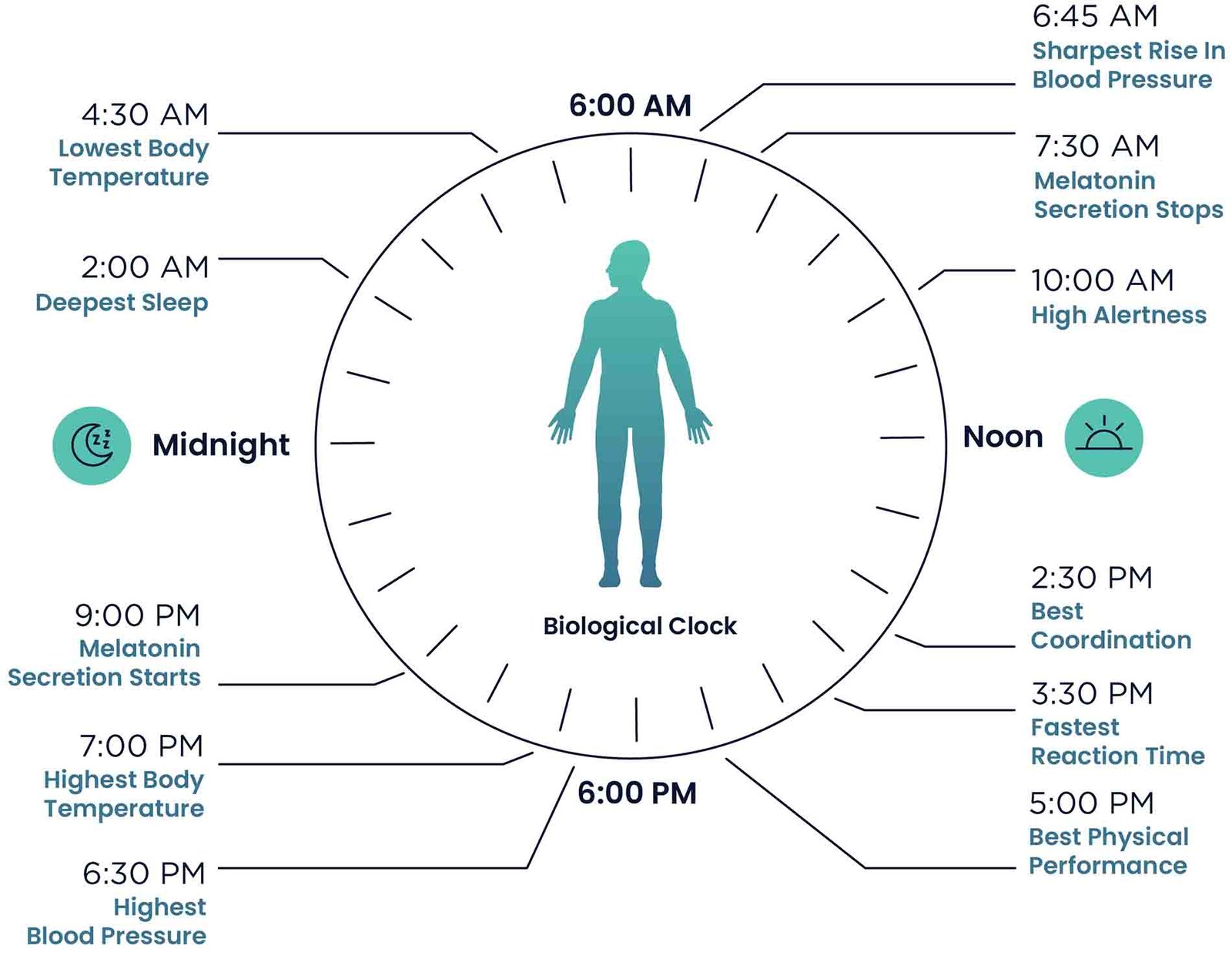In a world filled with distractions, constant notifications, and multitasking, it’s easy to feel scattered and mentally foggy. But sharp focus and clear thinking are not just reserved for the super-disciplined—they’re skills you can develop with intention and small daily habits.
This article offers practical, natural ways to support your mental clarity and concentration, without relying on caffeine or extreme productivity hacks.
What Affects Your Focus and Clarity?
Mental fog can come from several common sources, including:
- Poor sleep or inconsistent sleep patterns
- Dehydration and nutrient deficiencies
- High levels of stress or emotional overload
- Lack of physical movement
- Too much screen time or multitasking
- Cluttered environments or constant interruptions
Before jumping to solutions, take a moment to reflect on what’s currently affecting your ability to think clearly.
Natural Ways to Improve Focus
You don’t need a new supplement or app—just small, steady adjustments to your daily routine.
1. Prioritize Sleep
Nothing enhances mental clarity more than deep, consistent sleep.
- Aim for 7–9 hours per night
- Create a screen-free wind-down routine
- Sleep and wake at consistent times—even on weekends
Your brain clears waste and consolidates memory during sleep, so treat it like your superpower.
2. Stay Hydrated
Even mild dehydration can impair attention, memory, and alertness.
- Start your day with a glass of water
- Keep a water bottle nearby during work
- Add lemon, mint, or cucumber for a refreshing boost
3. Move Your Body Regularly
Movement increases blood flow to the brain and boosts mood-enhancing chemicals like dopamine and serotonin.
- Try a short morning walk, stretching break, or dancing to music
- Incorporate light movement every 60–90 minutes during work
4. Fuel Your Brain with Real Food
Avoid processed, sugary foods that cause crashes. Instead, choose:
- Leafy greens, nuts, seeds, and fatty fish (omega-3s)
- Whole grains for steady energy
- Berries and colorful veggies for antioxidant support
- Protein for mental stamina
5. Create a Focus-Friendly Environment
Your space affects your state. To reduce mental clutter:
- Clear your desk of distractions
- Use noise-canceling headphones or calming background music
- Work near natural light or use a warm desk lamp
- Keep a notepad nearby to jot down intrusive thoughts (instead of switching tasks)
6. Use the Power of Single-Tasking
Multitasking splits your attention and reduces efficiency. Instead:
- Choose one task at a time
- Set a timer for 25–45 minutes of focused work
- Take a short break before switching tasks
- Celebrate finishing, even small things
7. Take Mental Breaks
Your brain needs pauses to reset and process. Try:
- A 5-minute breathing break
- Looking out a window
- A short body scan or walk
- Mindful tea or water breaks
8. Reduce Digital Overload
Constant screen time drains focus. Practice:
- Phone-free mornings or evenings
- App limits or “Do Not Disturb” during focus time
- Logging out of distracting platforms during work sessions
9. Practice Mindfulness
Mindfulness helps train your brain to return to the present moment. Even 2–5 minutes a day can help. Try:
- Noticing your breath or bodily sensations
- Observing thoughts without reacting
- Grounding yourself in your senses
10. Get Fresh Air and Natural Light
Exposure to natural light helps regulate circadian rhythms and improves alertness.
- Start your day with a bit of sun
- Take a quick outdoor break mid-morning or afternoon
- Open windows to let fresh air flow in your workspace
Final Thoughts: Clarity Is a Habit
You don’t need to wait for a perfect day to think clearly. With simple, repeatable practices, you can reduce brain fog, sharpen your attention, and feel more present in your life.
Focus isn’t about working harder—it’s about working smarter, with rhythm, rest, and care.
The more you support your body and mind, the more clearly they’ll support you.
